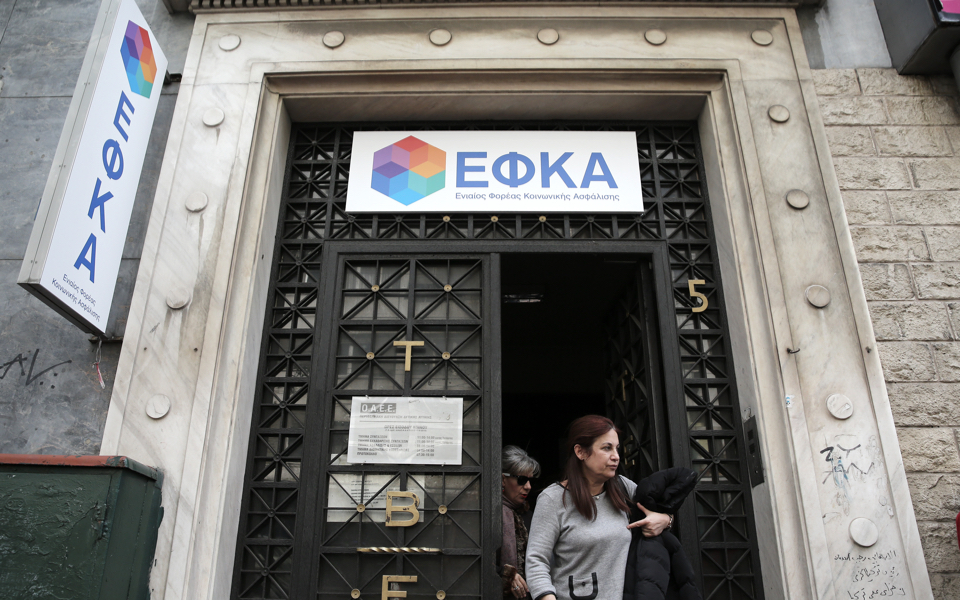Reluctance in settling social security debts

The vast majority of self-employed professionals appear reluctant to settle their debts to the Single Social Security Entity (EFKA) that were created during the pandemic.
Tellingly, of the roughly 700,000 self-employed professionals, only 25,000 have applied for the settlement plan of up to 72 installments since it was introduced in early December last year.
Sources at EFKA have told Kathimerini that this reluctance is perhaps mainly due to the expectation that at some point down the line the government will decide on new, more generous debt settlement plans, which will also include a “haircut” on the so-called “corona debts.”
As a result, at the end of 2021, debts to EFKA jumped to 41.02 billion euros, an increase of 2.32 billion euros compared to 38.7 billion euros in September 2021.
The situation deteriorated mainly due to the 1.7 billion euros in debts of the self-employed for the period from January 2020 to September 2021, while 486.8 million euros was added in the form of additional fees and surcharges.
The total debt of the employers is estimated at close to 1.5 billion euros, which is added to the 1.7 billion euros, which, according to the latest report of the Center for the Recovery of Social Security Debts (KEAO), was the debt of the self-employed during the first lockdown imposed due to the coronavirus pandemic.
The deadline for the debt settlement scheme expires at the end of the month and EFKA has clarified that companies can apply for inclusion in the program no later than February 28.
The end of February is not only the deadline for submitting applications, but also the date by which the first installment must be paid.
The current payment scheme is independent of other debts someone may have or other payment plans. For this reason, a separate special payment code has been created.





